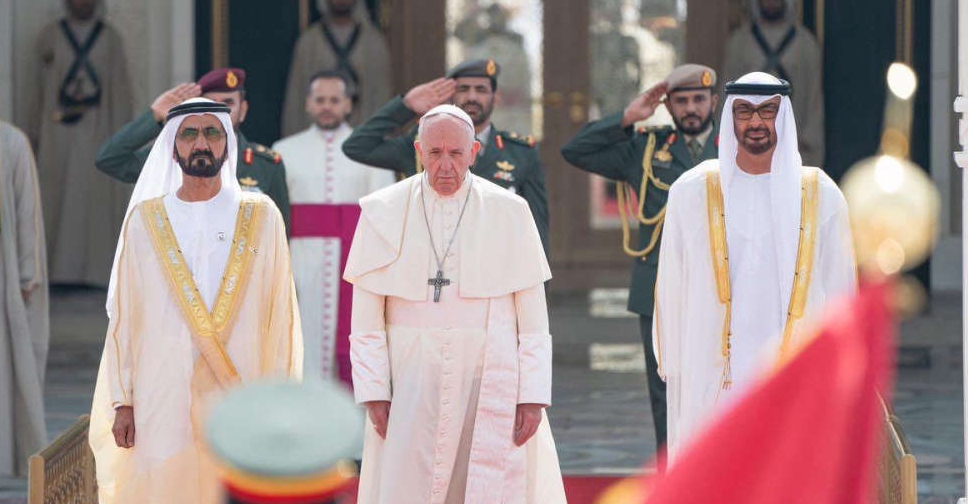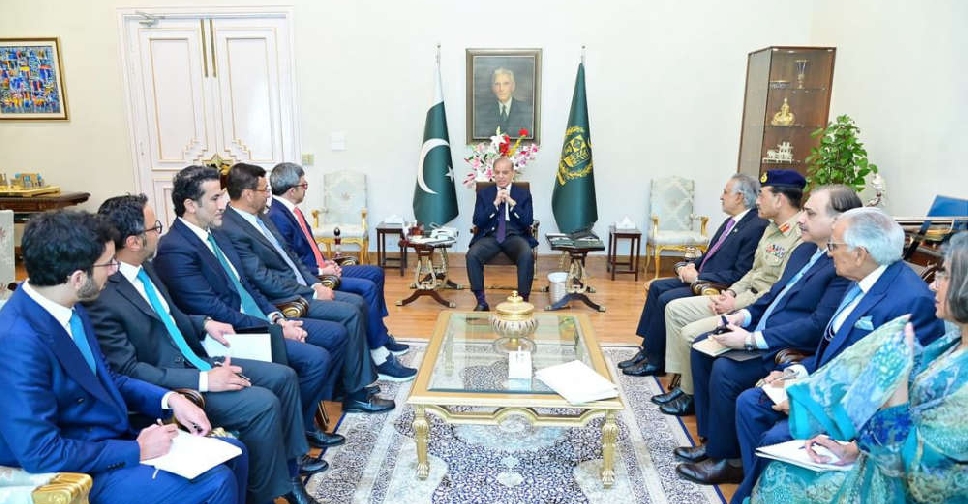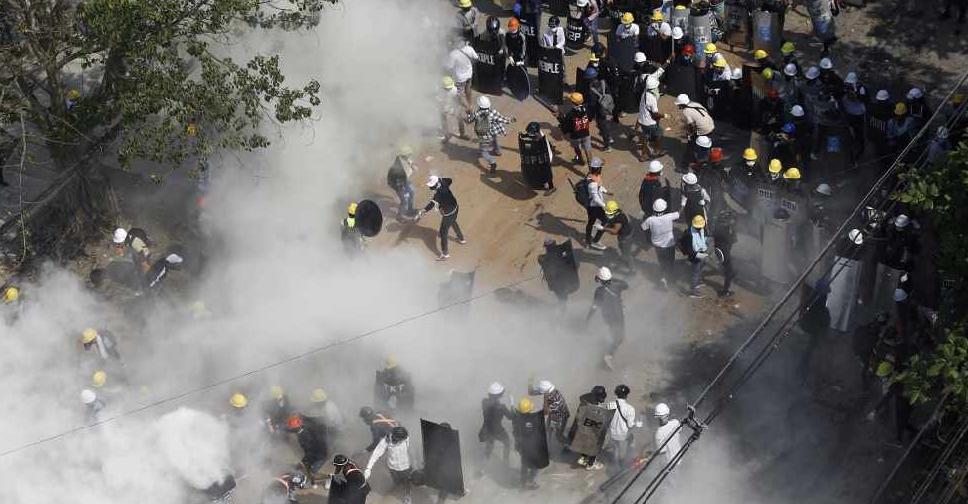
Tens of thousands of people came out on the streets in Myanmar on Sunday to demonstrate against last month's coup despite overnight raids by security forces in Yangon to crack down on protest leaders.
The biggest protest was in Myanmar's second city of Mandalay, local media said. Protests were also held in Yangon, in Kale near the Indian border, and in Dawei, a coastal city in the south. There were no reports of violence.
The Southeast Asian country has been plunged into turmoil since the military overthrew and detained elected leader Aung San Suu Kyi on February 1. Daily demonstrations and strikes have choked business and paralysed administration and the United Nations says security forces have killed more than 50 people.
Into the early hours of Sunday, residents said soldiers and police moved into several districts of Yangon, firing shots. They arrested at least three in Kyauktada Township, residents there said. They did not know the reason for the arrests.
"They are asking to take out my father and brother. Is no one going to help us? Don't you even touch my father and brother. Take us too if you want to take them," one woman screamed as two of them, an actor and his son, were led off.
Soldiers also came looking for a lawyer who worked for Suu Kyi's National League for Democracy but were unable to find him, a member of the now dissolved parliament, Sithu Maung, said in a Facebook post.
Reuters was unable to reach police for comment. A junta spokesman did not answer calls requesting comment.
"PUNCHED AND KICKED"
Well over 1,700 people have been detained under the junta by Saturday, according to figures from the Assistance Association for Political Prisoners advocacy group. It did not give a figure for overnight detentions.
"Detainees were punched and kicked with military boots, beaten with police batons, and then dragged into police vehicles," AAPP said in a statement. "Security forces entered residential areas and tried to arrest further protesters, and shot at the homes, destroying many."
Myanmar authorities said on Saturday they had exhumed the body of 19-year-old Kyal Sin, who has become an icon of the protest movement after she was shot dead in Mandalay on Wednesday wearing a T-shirt that read "Everything will be OK".
State-run MRTV said a surgical investigation showed she could not have been killed by police because the wrong sort of projectile was found in her head and she had been shot from behind, whereas police were in front.
The killings have drawn anger in the West and have been condemned by most democracies in Asia. The United States and some other Western countries have imposed limited sanctions on the junta. China, meanwhile, has said the priority should be stability and that other countries should not interfere.
Protesters demand the release of Suu Kyi and the respect of November's election - which her party won in landslide but which the army rejected. The army has said it will hold democratic elections at an unspecified date.
Israeli-Canadian lobbyist Ari Ben-Menashe, hired by Myanmar's junta, told Reuters the generals are keen to leave politics and seek to improve relations with the United States and distance themselves from China.
He said Suu Kyi had grown too close to China for the generals' liking.


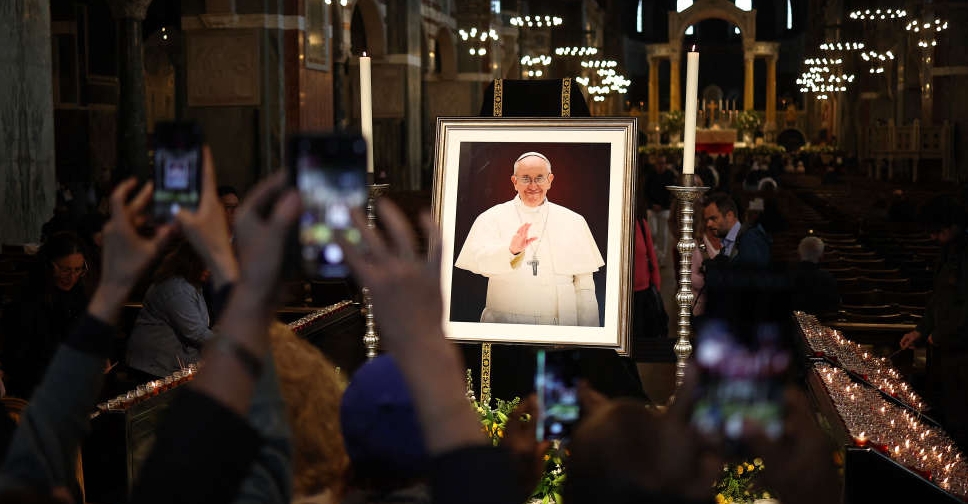 Cardinals meet after death of Pope Francis, plan for funeral
Cardinals meet after death of Pope Francis, plan for funeral
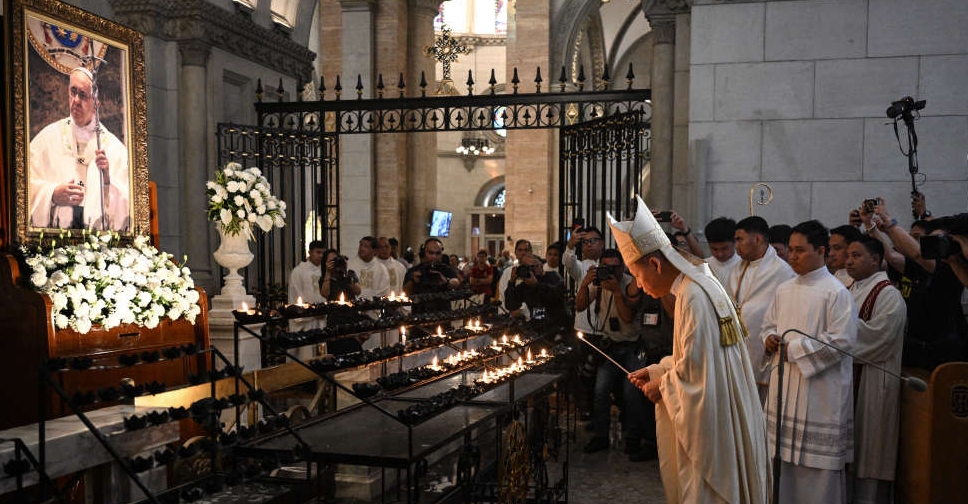 'A true father to us': Filipinos mourn Pope Francis
'A true father to us': Filipinos mourn Pope Francis
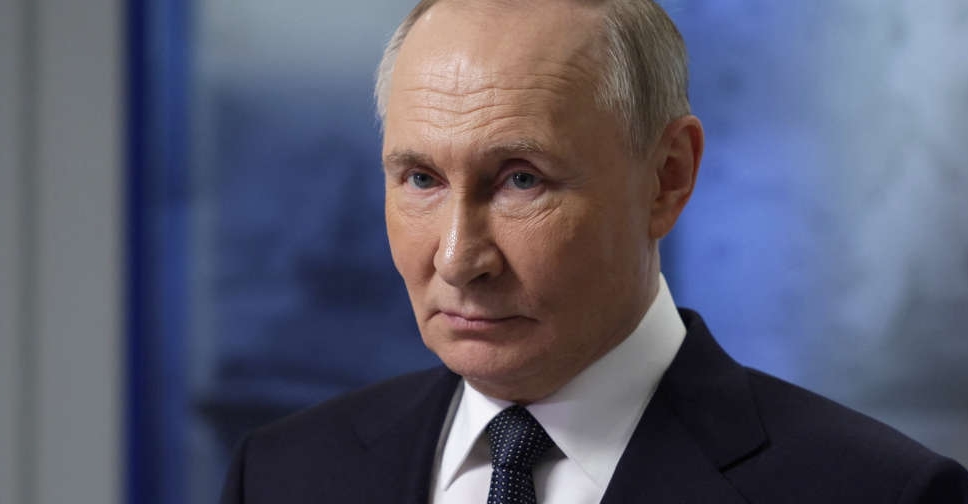 Putin says he is open to direct peace talks with Ukraine
Putin says he is open to direct peace talks with Ukraine
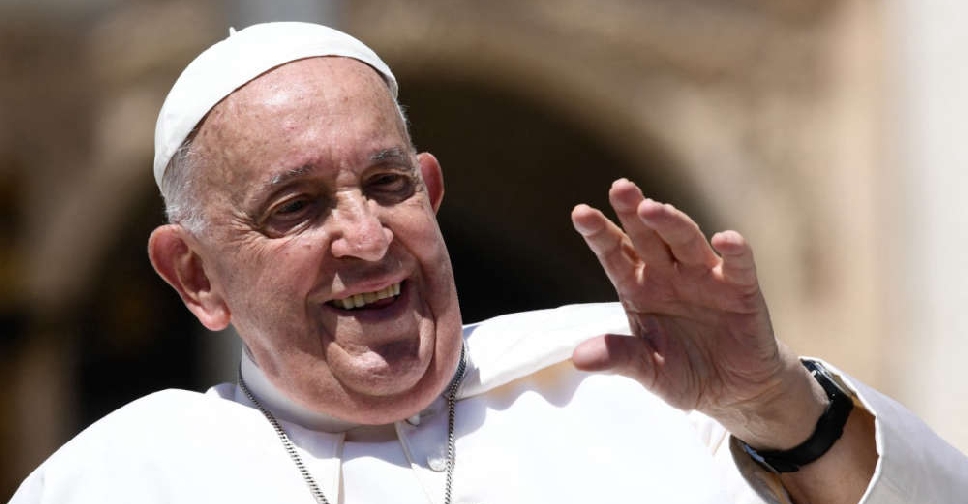 Pope Francis dies after stroke and cardiac arrest, Vatican says
Pope Francis dies after stroke and cardiac arrest, Vatican says
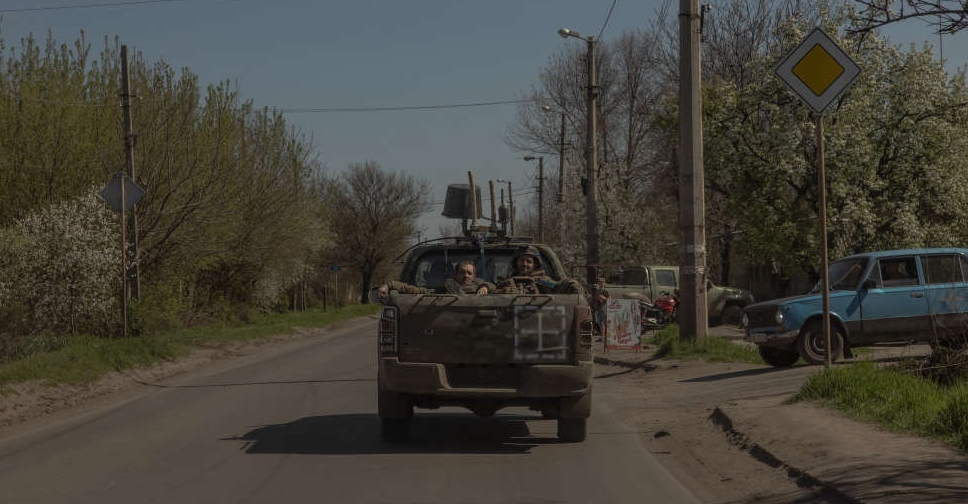 Half of Ukraine under air raid alerts hours after Russia ceasefire ends
Half of Ukraine under air raid alerts hours after Russia ceasefire ends
